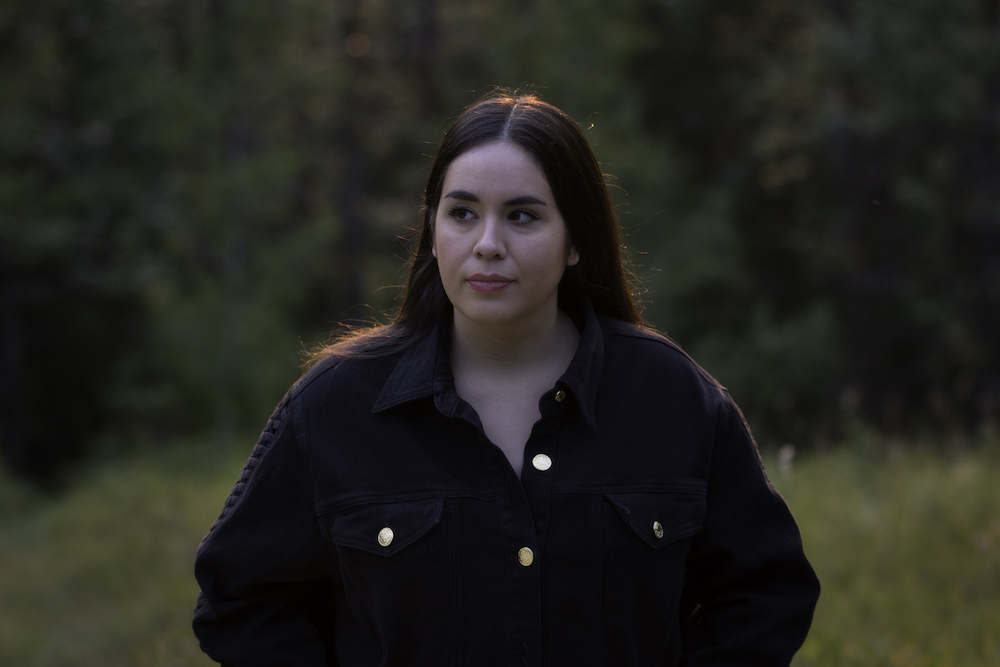An Indigenous community leader in Montreal on the heartfelt appeal that Justin Trudeau has never answered

I remember watching the news early one morning as I was preparing to head to work. It was September 2017, and Justin Trudeau was at the United Nations. He was speaking at length about his government’s relationship with Indigenous people.
He talked about the mistakes of the past, about “the legacy of colonialism” and “the paternalistic Indian Act.” He made some strong statements, such as “No relationship is more important to this government than that with Indigenous people.” These were not mere words, he said, actions would follow. “We are ready to invest in [Indigenous communities], you just need to tell us how you need it, where you are going to spend it and how we can best help.” He suggested that change was well underway, and that Indigenous people could expect a “true future in partnership.”
His presentation left me feeling used and nauseated. My people’s struggles had become a platform for his cause at the UN.
I feel honoured to have worked for the Indigenous population for over 20 years, creating programs aimed at strengthening and empowering people. I had struggled in my youth, but found a way to navigate the system. Now I try to clear a path for those who are also struggling. So where do Justin’s declarations fit in?
My family, and many others, have suffered generations of colonialism. But in April 2018, I finally decided to write to Trudeau.
A (non-Indigenous) friend of mine approached me after seeing the prime minister’s speech at the UN. She believed if I wrote him, requesting support for a transitional housing project, run through the Native Women’s Shelter of Montreal where I am the director, that would help urban Indigenous people get off the street, that he would help. I had little confidence. But my friend was adamant and spent considerable time trying to convince me.
It took many months for me to consider reaching out to the prime minister. My birth mother was forced to attend a Residential School and, consequently, I was part of the Sixties Scoop. My family, and many others, have suffered generations of colonialism. But in April 2018, I finally decided to write to Trudeau. I recruited a friend of mine, a professional writer, to help. I needed the letter of request to be strong, engaging and powerful. The final version was a thing of beauty. (Editors’ note: We have included, below, the full 2018 letter to Justin Trudeau.)
The next step was to hold a press conference, on the day the letter was delivered. I was lucky to have many media outlets arrive and cover the story. For good measure, I also sent it to Carolyn Bennett, the Indigenous Affairs minister, and Jody Wilson-Raybould, the former justice minister. I thought I had all angles covered.
There was much excitement from others, who truly believed that the letter would be answered positively.
And so I waited for a response. Any response. I still haven’t received any kind of reply. Not even a smoke signal. Silence times three….
It has been said that Justin Trudeau has the “Indigenous vote.” Prior to his election, he promised an inquiry into missing and murdered Indigenous women. I believe many Indigenous people voted for him because of it. The request for an inquiry has been ongoing since the Native Women’s Association of Canada began in 2010 to publish research showing the alarming statistics of MMIW with the Sisters in Spirit awareness campaign. Amnesty International followed suit with a report in 2013. The inquiry had been a long time coming. We waited to see if and when Trudeau would apply the 231 Calls to Justice, as outlined in the MMIW final report. Still waiting. MORE

 Emily Riddle: Here we are in 2019 and the discourse in this election around the ‘nation-to-nation’ relationship has been very different. Photo by Conor McNally.
Emily Riddle: Here we are in 2019 and the discourse in this election around the ‘nation-to-nation’ relationship has been very different. Photo by Conor McNally.